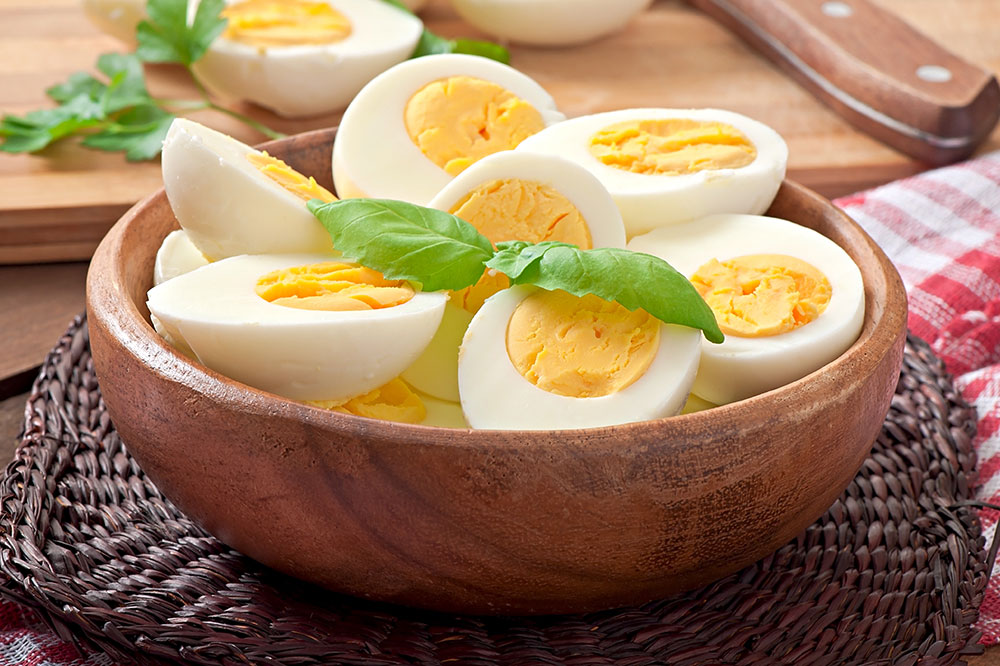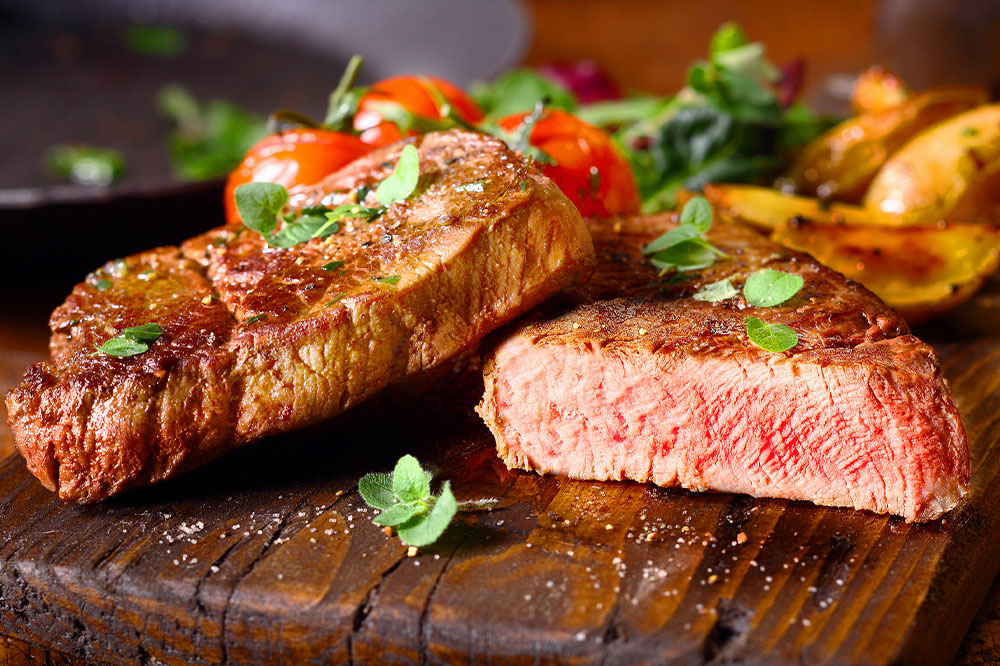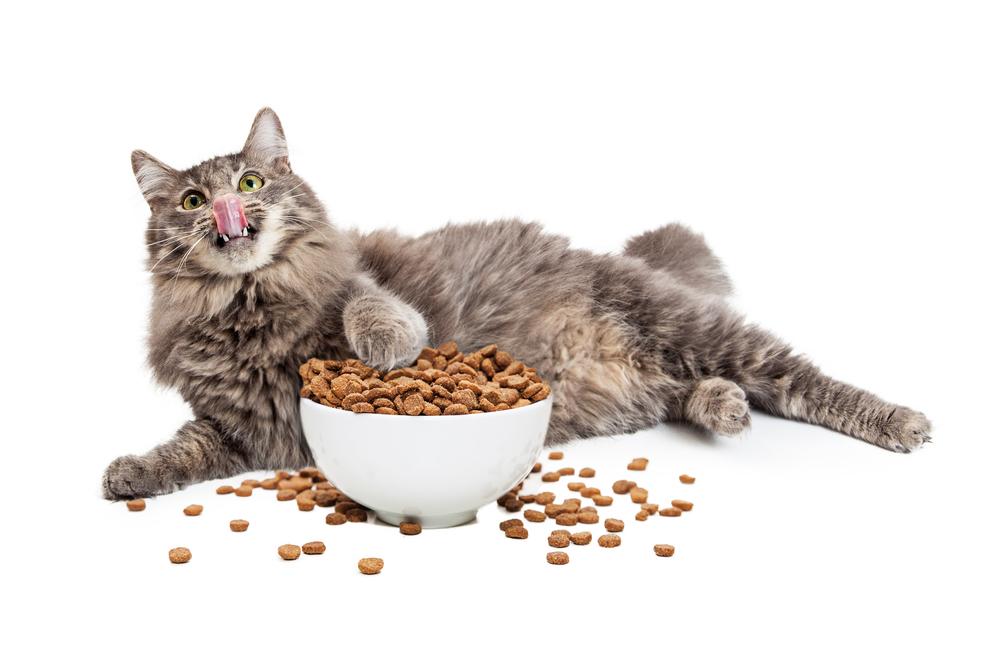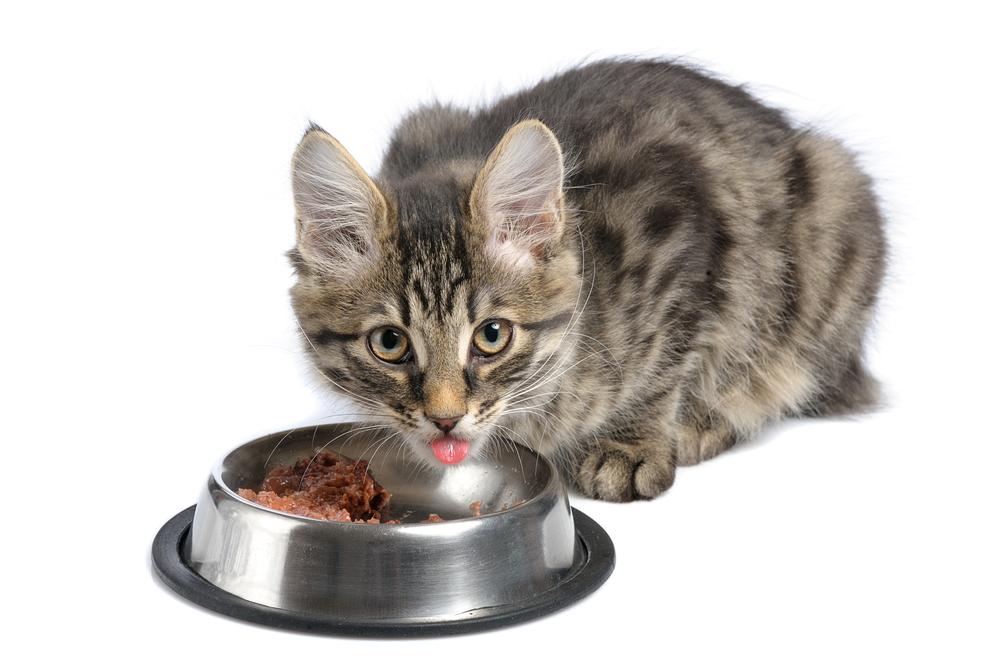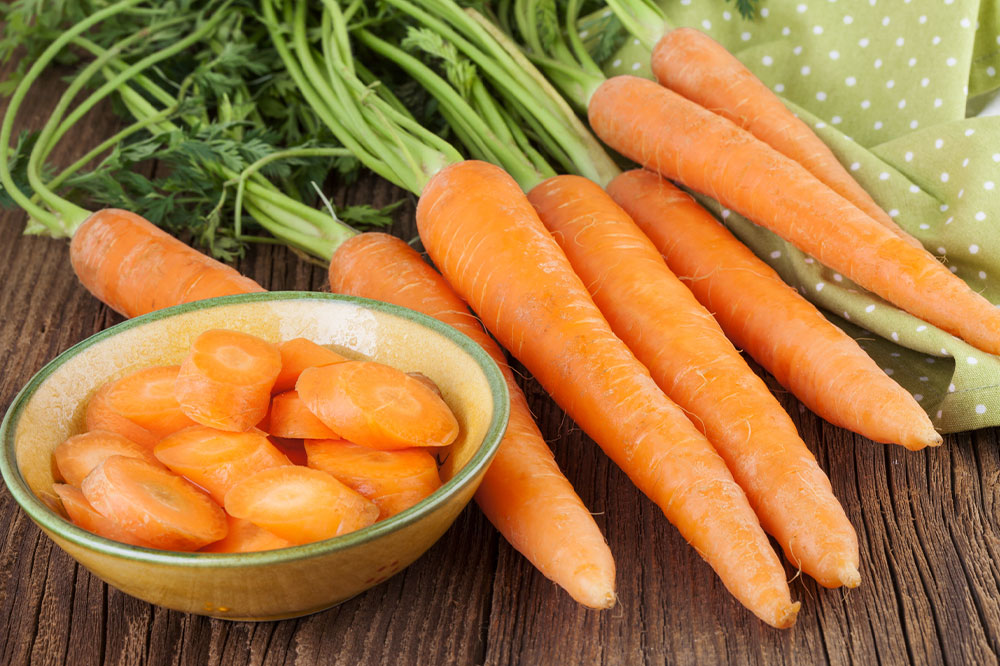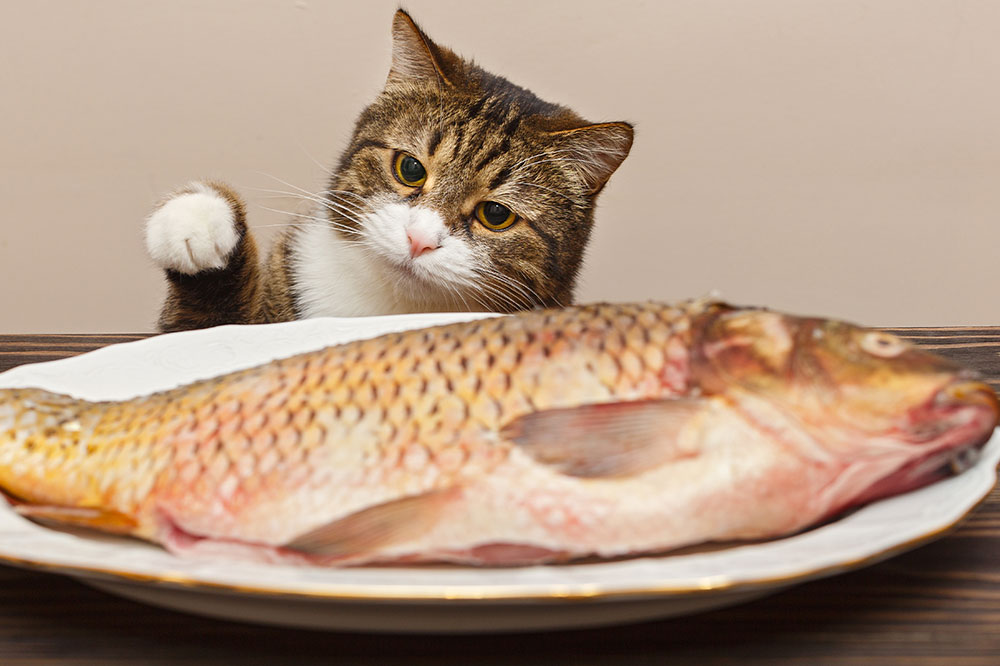Essential Safe Human Foods for Your Cat’s Healthy Diet
Discover a comprehensive guide on the safest human foods to feed your cat. Learn how to incorporate fish, grains, eggs, and vegetables into their diet while avoiding harmful ingredients. Get expert tips on healthy treats, specialized diets for health conditions, and maintaining your feline's well-being with natural and vet-approved foods for a balanced lifestyle.
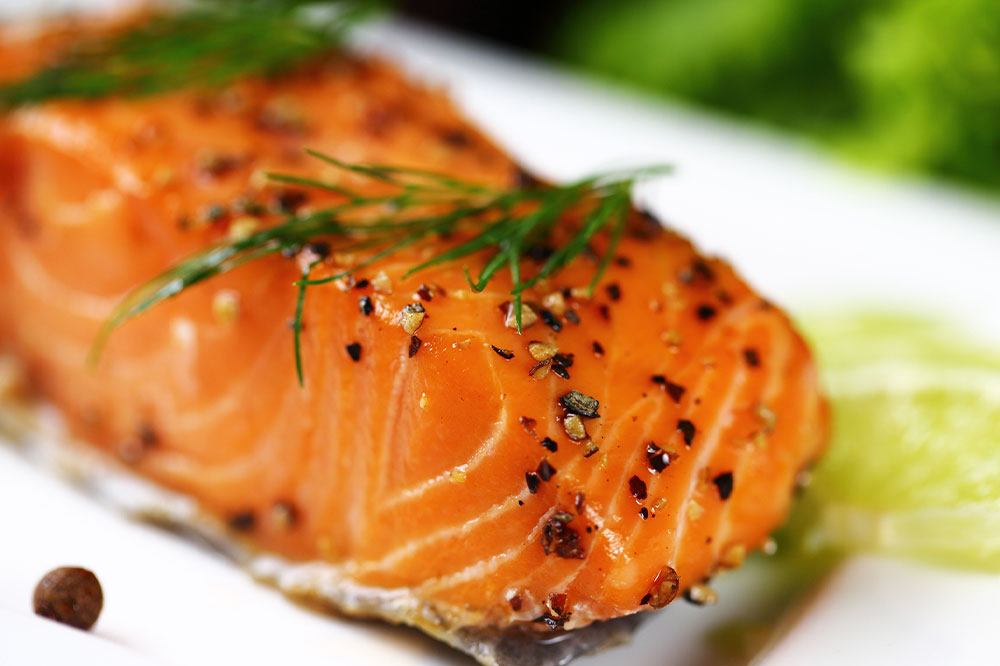
Essential Safe Human Foods for Your Cat’s Healthy Diet
As a dedicated cat owner, you might occasionally consider sharing your meals with your beloved feline companion. While this gesture demonstrates your affection and desire to include your pet in family activities, it’s crucial to understand which human foods are safe for cats and which could potentially harm them. Cats are naturally curious creatures with a keen sense of taste and smell, often begging at the table for tasty treats. However, feeding them appropriately requires knowledge of safe foods and proper preparation. Although specialized commercial cat foods are formulated to meet all nutritional needs, offering safe and healthy human foods can serve as nutritious occasional treats or complementary snacks. This comprehensive guide explores the most suitable human foods to feed your cat, ensuring their well-being and health.
Omega-3 Rich Fish: Salmon, Tuna, and Mackerel
Cats have a natural predilection for fish, and many veterinarians recommend incorporating fish into their diet due to its rich nutritional profile. Fish such as salmon, tuna, and mackerel are high in omega-3 fatty acids, which play a vital role in maintaining healthy eyesight, improving coat condition, supporting brain function, and reducing inflammation. When offering fish to your cat, it’s essential to serve it cooked thoroughly to eliminate parasites and bacteria. Always remove bones to prevent choking hazards and injuries. It's best to serve small, boneless portions to ensure your cat's safety. Avoid feeding canned fish straight from the can unless it's specifically prepared for pets, as added salts or preservatives may be harmful.
Whole Grains: Oats, Brown Rice, and Cornmeal
Whole grains are an excellent source of essential nutrients such as fiber, vitamins, and minerals. Introducing grains like oats, brown rice, and cornmeal into your cat’s diet can provide a healthy dietary supplement, especially when meat or fish are unavailable. These grains are easy to prepare—simply cook small portions and serve as a nutritious snack or addition to their regular food. Grains should be offered in moderation, as some cats may have sensitivities or allergies. Cooking grains thoroughly ensures better digestibility and reduces the risk of gastrointestinal upset.
Cooked Eggs: Protein Powerhouse
Eggs are a superb source of high-quality protein and contain vital nutrients such as vitamin B12, biotin, and selenium, all of which contribute to your cat’s overall health. Incorporating cooked eggs into their diet can support muscle development, skin, and coat health. Always ensure eggs are cooked completely—boiled, scrambled, or baked—to kill bacteria like Salmonella and E. coli. Avoid seasoning eggs with salt, spices, or butter, which may be harmful. Before regular inclusion, observe your cat for potential allergies or sensitivities to eggs, as some felines may have adverse reactions.
Fresh Vegetables and Fruits: Natural Treats
Some cats enjoy nibbling on fresh produce, and offering vegetables and fruits can supplement their diet with vital nutrients and minerals. Vegetables like steamed broccoli, baked carrots, green beans, or cucumber slices are low in calories and rich in antioxidants and fiber. Fruits such as cantaloupe, watermelon, and blueberries provide hydration and vitamins. Always introduce new produce gradually, and serve in small, manageable pieces to prevent choking or digestive issues. Avoid ingredients toxic to cats—such as onions, garlic, grapes, and raisins.
In addition to natural foods, many pet owners turn to trusted brands for high-quality treats that support overall health and wellness. Retail giants like Chewy, PetSmart, and Petco offer a wide range of cat foods and treats that are specifically formulated for feline health and safety.
For targeted health benefits, consider incorporating specialized options such as:
IAMS Weight Control Cat Food — Formulated with L-carnitine to help promote a healthy metabolism, especially beneficial for cats that need to manage weight when combined with regular activity.
GREENIES Healthy Treats — Available in various flavors, these treats are designed to support your cat's dental health, coat, and overall vitality.
Friskies Indoor Cat Food — Tailored for cats that primarily stay indoors, supporting immune health and providing a balanced diet suitable for their lifestyle.
Holistapet Calming Treats — These treats help reduce stress and support urinary health, especially useful during stressful events or changes in environment.
For cats with specific health concerns like kidney issues, specialized diets are crucial. Brands such as Hill’s Prescription K/D, Royal Canin Renal Support, Blue Buffalo Natural Veterinary Diet™ K+M Support, and Darwin’s Natural Intelligent Design™ KS offer low-phosphorus options suitable for managing such conditions. Always consult with your veterinarian before making dietary changes or introducing new foods to ensure they are appropriate for your cat's specific health needs.
